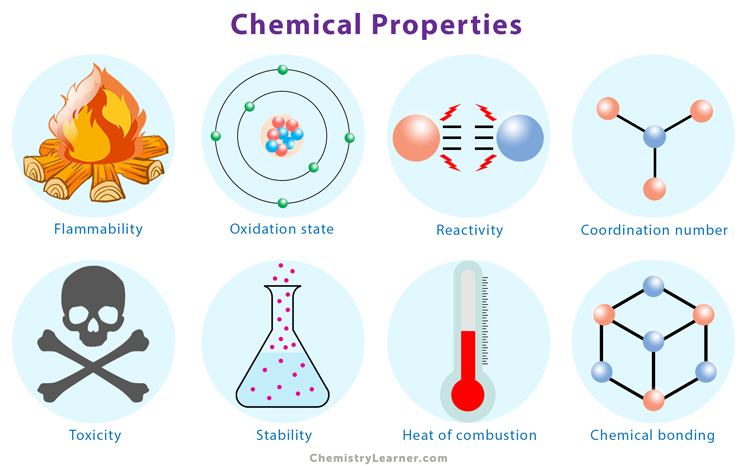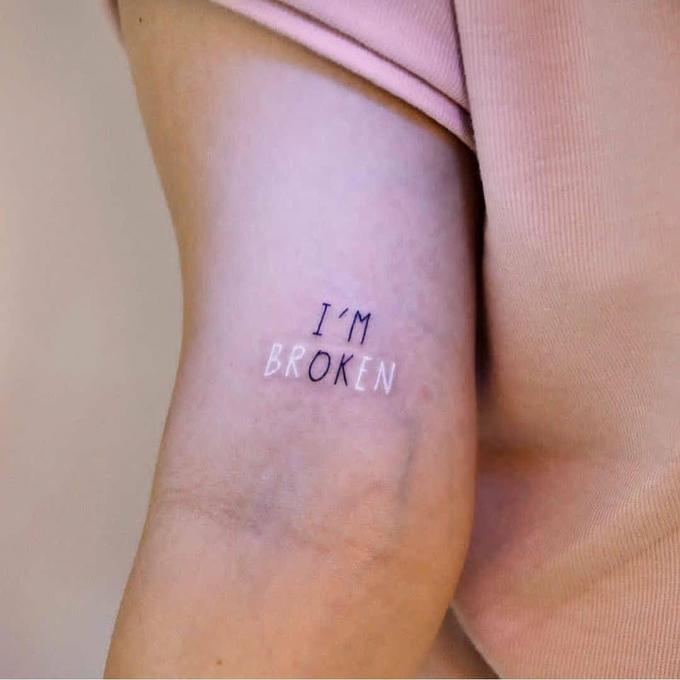Surviving divorce depression
How to Beat Divorce Depression (17 Tips)
Even under the best of circumstances, divorce sucks.
Whether you are blind-sided by an unhappy spouse, or you’re relieved that your marriage and your relationship is finally coming to an end, you can expect to ride an emotional rollercoaster along the way.
Divorce challenges our self-worth and our identity. It changes our relationships with others, both in our inner and outer circles.
In the end, you may feel crushed, or you may be excited to move forward to new adventures and new relationships. But make no mistake about it, you’re going to experience some unpleasant feelings along the way.
Divorce is a form of loss, and while it is not exactly like the feelings you’ll experience if somebody actually passes away, the stages you go through will pretty closely follow the same script. And that can lead to divorce depression.
The Five Stages of Loss and Grief
Swiss-American psychiatrist Elisabeth Kübler-Ross first proposed the various stages of loss and grief in her groundbreaking book On Death and Dying.
While everyone will process these emotions in their own ways and in their own timeframe, they have generally become the accepted norm for people who go through a form of mourning when a valued relationship ends. People may try to bury one or more stages of these emotions, or attempt to hurry through them, or get stuck in one or more of them in an abnormally long period before they can move to the next stage.
The five stages include:
Stage 1: Denial and isolation. As a way to protect ourselves against the initial shock of divorce, we may attempt to control our emotions and try to cling to a false reality of how things were, instead of a new and jarring reality. You may wall yourself off from your own emotions and from interacting with others who will only make matters worse by trying to talk you through the initial shock before you are ready to do so.
Stage 2: Anger. At some point, a person will realize that denial cannot continue and this will trigger feelings of frustration. There may also be feelings of betrayal that will give way to outbursts of anger at various times.
There may also be feelings of betrayal that will give way to outbursts of anger at various times.
These may come out of the blue and bubble up to the surface, or anger may be triggered by having to confront the changes that have been forced upon you. Even when you are the initiator of a divorce, you are going to experience anger at well because of a sense of failure or shame that you could not make this important part of your life work the right way.
Anger can be extremely harmful to people you still care about if you misdirect your negative emotions the wrong way. Be aware when you start to go overboard.
Stage 3: Bargaining. You may attempt to make a deal by trying to negotiate changes that you’ll make in exchange for saving your marriage. You may promise to go to counseling, stop hiding money from your spouse, or quit doing drugs or drinking alcohol as a way to bargain your way into the preservation of your marriage. You may try to make deals internally, strike a bargain with God, or attempt to buy more time to work on the issues that could save your marriage.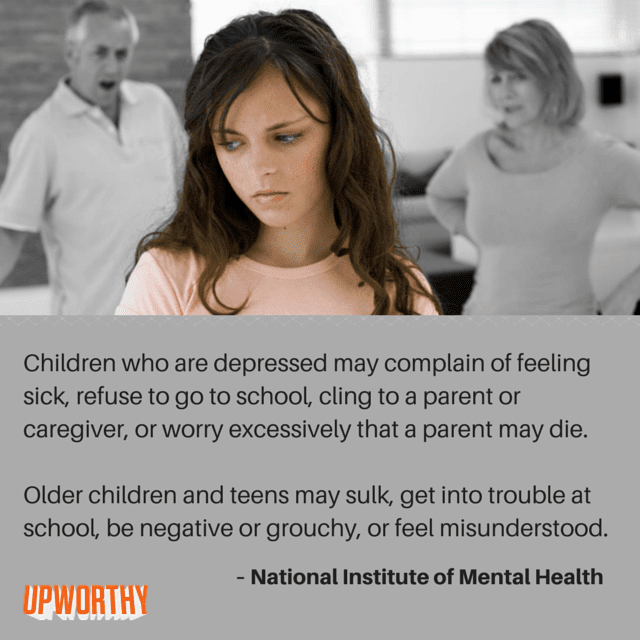
Stage 4: Depression. This stage is dangerous because it is accompanied by feelings of defeat and a lack of self-worth. This is when deep mourning and sadness can kick in, and usually follows when a person is exhausted from trying to bargain their way back into marriage or can no longer keep up the amount of anger required to fuel their emotions.
Depression is also a sign of admitting defeat, a realization that a new reality has come to pass, whether we want it to be so or not. Depression can come in waves when you least expect it, in private, in a crowded restaurant, while you’re shopping for groceries, or in any other number of situations.
If you’re struggling with depression, make sure to get the support you need. Online therapy can be a great option to consider. Sites like BetterHelp let you choose from thousands of licensed therapists with prices starting at $45 per week for unlimited counseling. The best part is you can connect with your therapist from anywhere by phone, text or video sessions.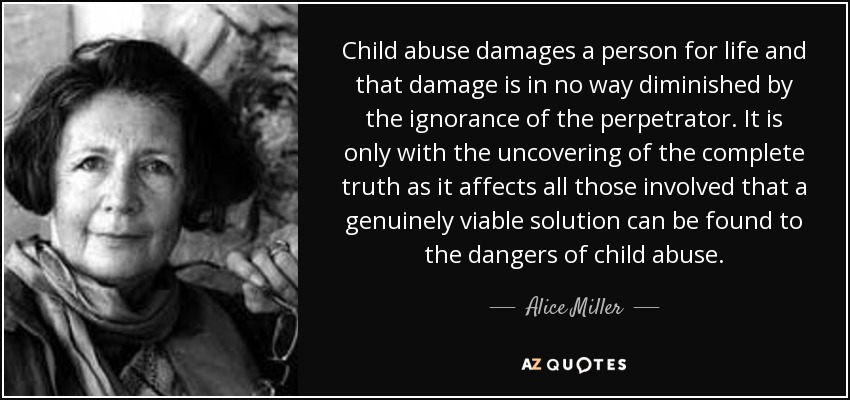 Click here to get 10% off and get connected with a therapist >>
Click here to get 10% off and get connected with a therapist >>Stage 5: Acceptance. In this final stage, you embrace what has happened. You make your peace when you finally realize acceptance is required before you can even begin to realistically rebuild your life. Your emotions will stabilize and you’ll find a calmness and peace couple with introspection as you begin to put your emotions in their place. Getting to acceptance can be the hardest stage to reach because you can get stuck in any of the other stages for long periods of time.
Once you realize that resisting acceptance only prolongs your ability to heal, you may still have issues to process, but that self-awareness will ultimately lead you to the place you need to be that enables you to move on and truly feel happy again.
Focusing on Depression
By now, you probably have a certain degree of understanding about what depression is, what it feels like, and what the symptoms are. But to better deal with depression in a divorce, you need to take a closer look at it.
But to better deal with depression in a divorce, you need to take a closer look at it.
According to the American Psychiatric Association, depression is a common and serious medical illness that negatively affects how you feel, the way you think and how you act. It can lead to a variety of emotional and physical problems that can decrease a person’s ability to function at work and at home.
Depression affects about 1 in 15 adults at any given time, and while depression may come and go, it’s estimated that about 1 in 6 people will experience depression at some point during their lives.
Symptoms can range from mild to severe and can include:
- Loss of interest or pleasure in activities once enjoyed
- Changes in appetite — weight loss or gain unrelated to dieting
- Trouble sleeping or sleeping too much
- Crying spells
- Loss of energy or increased fatigue
- Increase in purposeless physical activity (e.g., hand-wringing or pacing)
- Feelings of pessimism
- Slowed movements and speech (actions observable by others)
- Feeling worthless or guilty
- Difficulty thinking, concentrating or making decisions
- Thoughts of death or suicide
- Feeling sad or having a depressed mood
In general, women are more likely to experience depression than men in divorce. However, studies show men are less likely to seek treatment and talk about their feelings of depression. This is attributed to the fact that men tend to be more isolated than women and may have a harder time processing their emotions while going through a divorce.
However, studies show men are less likely to seek treatment and talk about their feelings of depression. This is attributed to the fact that men tend to be more isolated than women and may have a harder time processing their emotions while going through a divorce.
Men and women also experience depression differently. Depression in women often manifests as sadness, worthlessness, and guilt. Depression in men will cause irritability and difficulty sleeping as well as binge drinking or using drugs.
It’s also important to point out that depression is different from sadness or grief. While they may share some of the same characteristics, they are not the same thing.
When a relationship ends, feeling sad is normal and the grieving process is natural and unique to each person.
With grief and sadness, pain comes and goes in waves, many times intermixed with positive memories of the person who was lost. But with depression, a person’s mood is decreased permanently for a longer period of time, generally two weeks or more.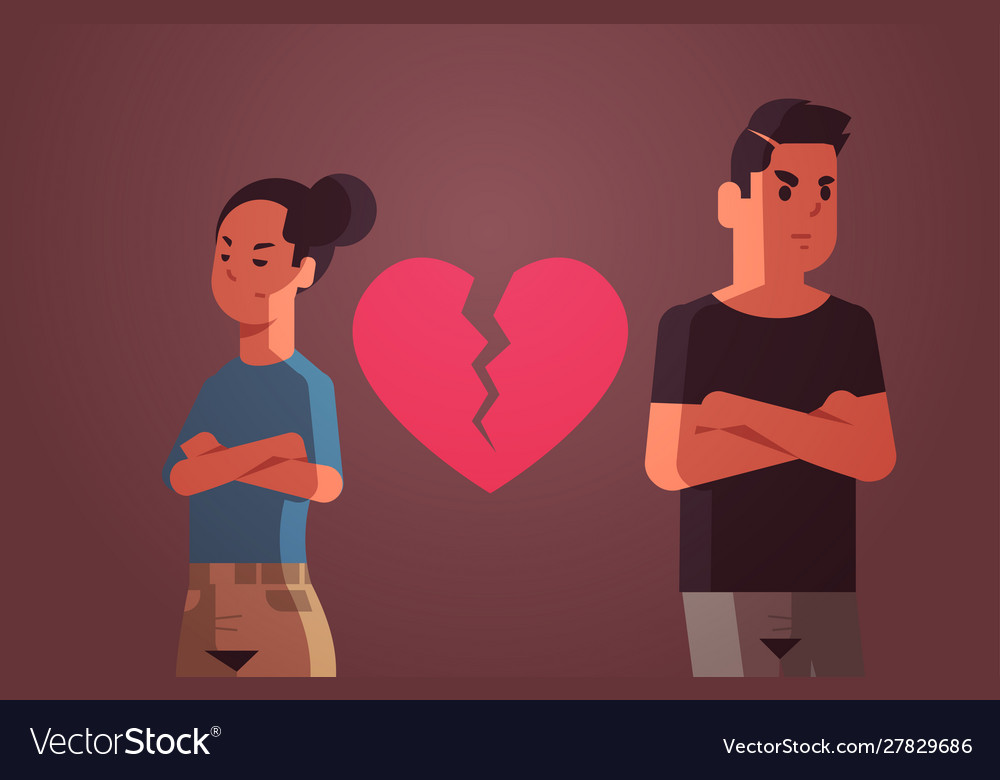
With depression, feelings of self-loathing and worthlessness are common. But with grief, a person maintains their own self-esteem.
It is possible for both sadness and depression to take place at the same time, and when they do, the grief is more severe and lasts longer. Understanding that they are different is critical to seeking the right kind of help or support.
It should be noted that depression due to traumatic life events is different from clinical depression. Although they will manifest symptoms in similar ways, depression due to life events is sometimes called adjustment disorder or situational depression. Again, understanding the root causes of your depression are one of the major keys to treating it properly.
When to Seek Help
Don’t be a hero and feel like you have to take on the demons of depression all by yourself. Depression has claimed many victims throughout time, and there is no shame in admitting you need help.
In fact, it’s foolish to not seek help when you need it.
Be honest with yourself.
First things first. Talk to a therapist. If sitting down with a therapist face-to-face feels intimidating, consider online therapy.
In fact, with online counseling apps, you can choose from thousands of licensed therapists at affordable rates. Get the emotional support you need from the convenience of your home by video, phone, email or text with sites like BetterHelp. Use this link to get 10% off and get connected with a therapist >>
If you have serious symptoms of depression during a divorce that last for several months, call your doctor. Depression can paralyze you from taking action, but once you go in for an appointment, you will feel better because you have taken the first step to regaining a measure of control in your life.
Make sure you document any symptoms and let your doctor know about any medications or supplements you are taking.
Depending on your situation, your doctor may suggest that you seek a psychologist to talk through your problems and get actionable items that can help pull you out of your tailspin.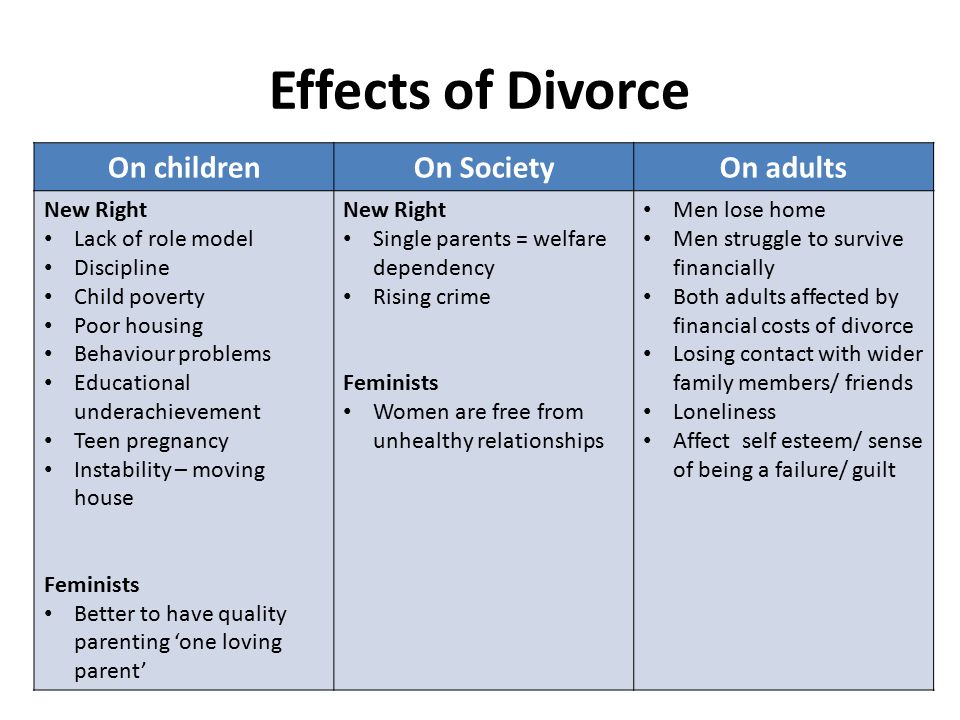
Your doctor may also suggest seeing a psychiatrist instead. The main difference here is that a psychiatrist can prescribe antidepressants or anti-anxiety medications. A psychologist is not licensed to do so.
Medications can get you through the toughest parts of your divorce and can help you heal. But medications can also be a source of destructive behavior and addiction if not administered properly. Some medications work better with depression, and others work better to relieve anxiety, which also often occurs in divorce.
There is a common misconception regarding depression, anxiety, stress, and psychiatric medication, according to Psychology Today. The misconception among users is that a pill will end their suffering. All of their mental and emotional problems will be washed away with one prescription or one refill or one capsule. That is simply not the case. Medications help, but they are not a cure-all.
During a divorce, there is a real need among many people to simply want to find a way to dull their pain and find a quick fix for their depression. But that kind of thinking is dangerous, especially if you are a parent.
But that kind of thinking is dangerous, especially if you are a parent.
Children need a functioning adult to help nurture their growth and keep their pain and disruption to a minimum. While certain medications may seem like attractive, quick fixes to the anxiety and depression issues that you face, they may not be as beneficial to your children, who are looking to their parent for guidance and reassurance during a divorce.
Other alternatives to medications can include treatments such as acupuncture or massage therapy, relaxation techniques such as yoga or some type of sports class, or even art therapy as a way to engage your mind and release endorphins through a creative outlet.
Depression and Child Custody
You may be wondering if you are suffering from depression and you have children, can your spouse use your condition against you?
Unfortunately, the answer is probably yes. At least to some degree.
When the source of your depression comes from an unhappy marriage that is characterized by an abusive spouse, an adulterer, a controlling spouse or one who is reckless with money, you can easily fall into feelings of anger, worthlessness and sadness.
When you seek help for situational or clinical depression, you could be treated with antidepressants, anti-anxiety medications or psychotherapy. But in a bitter marriage, a spouse may not be above using the against you to gain an upper hand, especially when it comes to child custody.
Depressed and unhappy spouses often want to leave their spouses and a bad marriage, but they’re afraid to do so because they do not want to take a chance on losing their children.
In a heated custody battle, a spouse may try their best to gain the upper hand by introducing this kind of information to the court. He or she will make the claim that you are a drug addict who can’t properly care for your children because of your drug use or mental state.
Judges always place the best interests of the child in a divorce above all else, so they will be very interested in learning more about your prescription drug use and state of mind. To show that you are capable of caring for your children, you should be prepared to demonstrate to the court that:
- Your prescriptions were prescribed by a doctor
- You are taking your medications according to your doctor’s directions
- You are not abusing prescription drugs or illegal drugs
- Your medications are not adversely affecting your behavior
- Your depression is not preventing you from taking care of your children
Divorce, Depression and Suicide
Let’s start with the more important thing first.
If you’re caught in a deep funk or having suicidal thoughts, call the National Suicide Prevention Lifeline at 800-273-TALK (8255). It may be easier to seek help from an anonymous and trained professional than to admit you’re struggling with somebody you know.
Nobody really likes to talk about the possibility of suicide as a result of divorce, but it exists.
Suicide is exacerbated by mental issues that frequently crop up in divorce. Of course, depression is the one that stands out, but PTSD which can be present in a divorce situation is also a leading cause of suicide as well. In the United States, PTSD affects about 8 million American adults, with women at greater risk than men.
PTSD is an anxiety related disorder that takes place after an extremely stressful event. It is most commonly associated with military combat, but it can also take place after sexual assault or any kind of physical violence as well. In that vein, divorce certainly qualifies as a traumatic event for many people.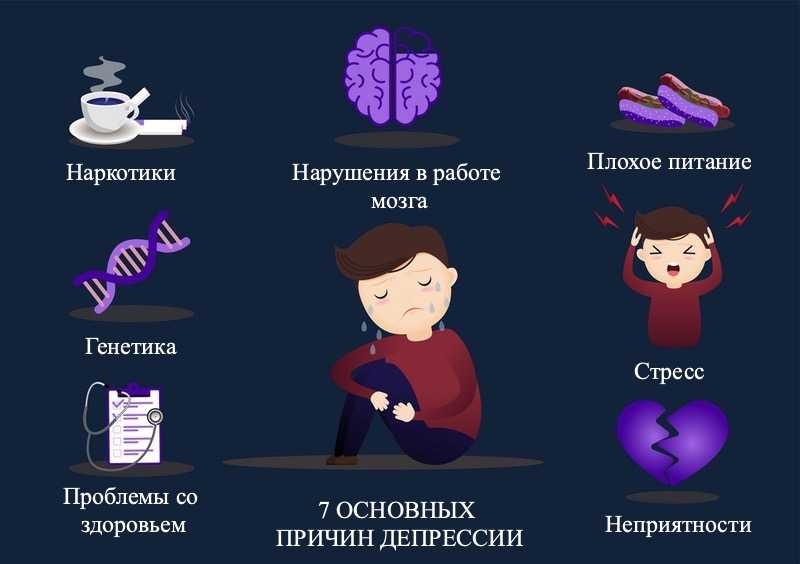
Social isolation, which is often a by-product of divorce, can also pose a suicide danger as well. Admitting you’re lonely can be a difficult thing to do, so many people suffer in silent agony. That isolation can lead to depression and without a support network of people to ask for help, it can lead to thoughts and actions of suicide.
Because men are often not the parent who winds up with primary custody, they are more likely to suffer from a loss of contact with not only their spouse, but with their children as well.
The feelings directed toward an ex-spouse and the ones directed at the courts that granted her custody, as well as bitterness, anxiety, depression, reduced self-esteem, and a general sense that life “is not worth living” can manifest themselves and combine to create a dangerous and fatal situation.
A lack of contact can cause real problems for an average guy, because his wife and kids are his primary, and sometimes only, source of support. So, maintaining strong connections is crucial for continued good mental health.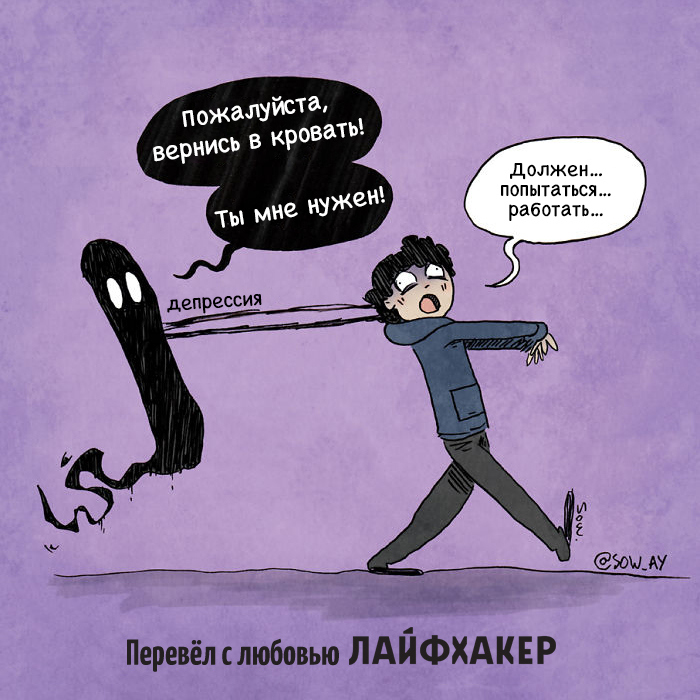
This goes hand in hand with the fact that divorced men drink and smoke more often, engage in riskier sex, and are more likely to avoid doctor visits and die of preventable and treatable diseases.
Men who are not married account for 62% of all male suicides, according to the Centers for Disease Control and Prevention.
One study from a few years ago confirmed that divorced people have higher suicide rates than their married peers, and that divorced men are as much as eight times more likely to kill themselves than divorced women, overall. Another recent study by the National Institute for Healthcare Research indicated that divorced people are three times as likely to commit suicide as people who are married.
It’s estimated that 80% of people who commit suicide exhibit signs of their intentions before they kill themselves. This can include actions such as:
- Giving away prized possessions
- Increased drug or alcohol use
- Sleeping too much or too little
- Withdrawing from friends
- Withdrawing from social activities
- Making out a will, making funeral arrangements
- Loss of interest in personal appearance
- Risky behaviors and thrill-seeking
- Dwelling on death or suicide in poetry, music, art, or creative writing
- A suddenly elevated mood due to the fact that some people actually cheer up when they’ve made up their mind to kill themselves, as if a burden has been lifted
Obviously, several of these behaviors mimic signs of depression, but in a more intense form.
17 Tips for Overcoming Depression During and After Divorce
Every person is different and how they react to a divorce is going to be as unique and as individual as they and their circumstances are. What follows are several suggestions to help you fight through depressions while you’re going through a divorce or after your divorce has taken place.
The one thing that you must understand about depression before you can take any steps is that depression can often immobilize you. The hardest part is getting your butt in gear to take actions that will help you to feel better and to heal.
The biggest battle you will wage is between your ears and just like divorce sets in motion a downward spiral, action tends to create an upward spiral out of the blues and to a better place.
Keep in mind that everyone will probably experience some form of situational depression as part of the normal grieving process. But when you can’t shake that situational depression, and it lingers longer than it should, you need to be aware of what is happening and take steps to go in a new direction.
Here are some strategies to consider:
1. Don’t freak out if you get down in the dumps. It’s normal to go through emotional mood swings during and after a divorce. Just be aware of what you’re experiencing and how long those feelings have been with you. At the start, you’re going to feel depressed more often. Time does help you heal. But if you can’t shake the blues and you’ve been separated or divorced for several months, then you need to move from denial, shame and inaction to positive and immediate steps to help you move forward.
2. Give yourself permission to grieve. Mourning the loss of a marriage is normal, but if you allow anger to override your feelings, you may be doing more harm than good. When you grieve, you are processing, and if you don’t process things, your emotions can get bottled up and that can make you depressed.
Feeling the pain of loss is not fun, but it is an essential part of your longer healing process. Grief is exactly what you need to feel so that you can move on. Stopping grief actually prolongs the process.
Stopping grief actually prolongs the process.
3. Eat healthy. For many people, food consoles them when they are depressed. If you have a weakness for chocolate, or ice cream, or chocolate ice cream, then it’s okay to enjoy them from time to time. But finding comfort in excess calories is not going to make things better. In fact, eating the wrong food can affect your mood and actually make you feel worse.
4. Exercise. Research has repeatedly shown that exercising is a great way to combat the negative effects of depression. Exercise creates an actual biological chain of events that can improve your mood, help you get better sleep, lower your blood pressure, protect against heart disease and diabetes and many other benefits.
High intensity exercise releases endorphins. These are the body’s feel good chemicals that creates the “runner’s high” you may have heard about. Low intensity exercise spurs the release of proteins called neurotrophic or growth factors.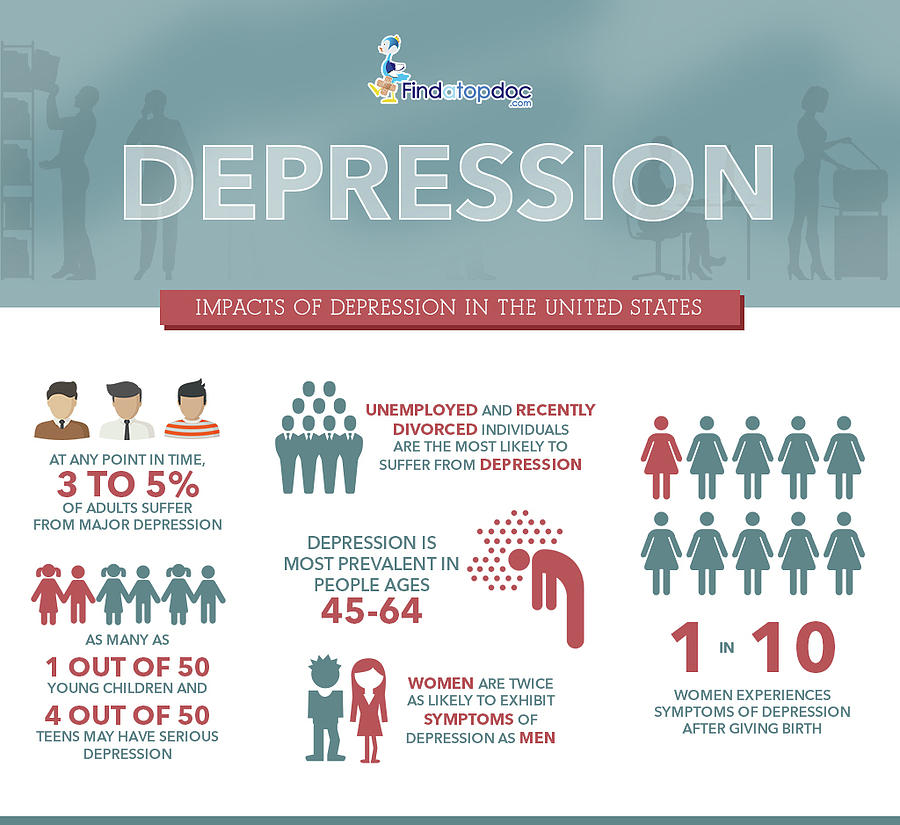 These cause nerve cells to grow and make new connections, resulting in improved brain function that makes you feel better.
These cause nerve cells to grow and make new connections, resulting in improved brain function that makes you feel better.
Don’t overdo it to start. Begin with 5 or 10 minutes of sustained activity and gradually the amount of time will build up. In a period of a few weeks, you’re sure to notice a difference. The key is to find an activity that you like so that you’ll want to keep doing it.
5. Get better quality sleep. Depression can cause insomnia, so you need to pay attention to how well you sleep and take steps to calm your body and mind before bedtime. This might include taking a warm bath or shower, reading a book, drinking a cup of chamomile tea or other similar activities.
Do not engage in too much screen time late at night, whether it’s a television, computer or cell phone. Those are all designed to engage your brain at a time when you need to be unplugging to give your brain a break.
6. Find ways to socialize. Ugh…this one can be particularly hard for an introvert who is also depressed. But men and women are designed to be social creatures by nature and walling yourself off from others is flat out not healthy.
But men and women are designed to be social creatures by nature and walling yourself off from others is flat out not healthy.
Find what social situations you are comfortable with and gravitate to those. It may be spending time in a library, having a favorite waitress serve up a meal or drinks at your local watering hole, or losing yourself in the crowd at a sporting event or concert.
If you prefer, hang out with a close circle of friends, or a single friend that you can decompress with and talk through your feelings. They can not only offer support, but can also help change your state of mind when needed.
7. Give yourself permission to enjoy “you” time. Some people in a divorce are depressed and feel guilty about their situation, making it even harder to find joy in their lives. Beating yourself up is a crappy strategy and won’t solve anything.
Instead, take a break and do something you truly like doing. It may be reading a book on the beach, going for a drive with the stereo turned up and the windows rolled down, or pampering yourself with an hour-long bubble bath.
If you have kids, you can either include them in something fun or if needed, find a babysitter so that you can have the alone time that you deserve.
8. Accept help from friends and family if you need it. Divorce is a big deal. When you add depression to the mix, you’re fighting a tough battle and trying to go it alone increases the difficulty and duration of your struggles. You get no medals for trying to be a hero by going it alone.
Even if you’re the most independent person in the world, if you need help, ask for it or accept it if it is offered. Your true friends and family members will be understanding and will step up to help you with little things like meals, watching children if you have appointments, or possibly even helping with household chores or running errands.
Keep in mind that at some point in our lives, we all go through rough patches and the favors extended to you today are favors that you can return in kind to others at a later date.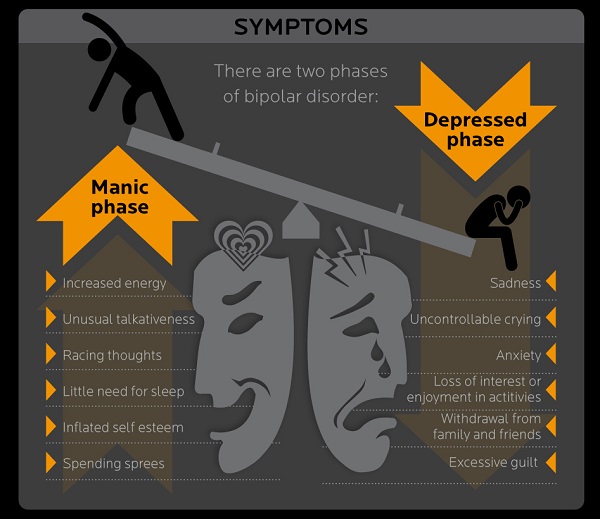
9. Get professional help if you need it. Divorce is messy. Divorce is emotional. It can consume you and in some cases, won’t let go.
So, if you need professional help from a therapist or seek to improve your mood through medications, don’t concern yourself with any potential stigmas that you may perceive as being shameful. A lot of people have gone through what you’re going through, and you might be surprised to learn at just how many of them have reached out for help.
As an adjunct, keep in mind that you may not be the only one battling depression. If you have children, they’re sure to be affected by a divorce. If they need counseling, get them help as well.
Use this link to get 10% off and get connected with a BetterHelp therapist >>
10. Consider keeping a journal. One way to empty your brain and to process your thoughts is to put them down on paper (or a computer screen). Be honest and vent as much as you need.
What you write may even surprise you.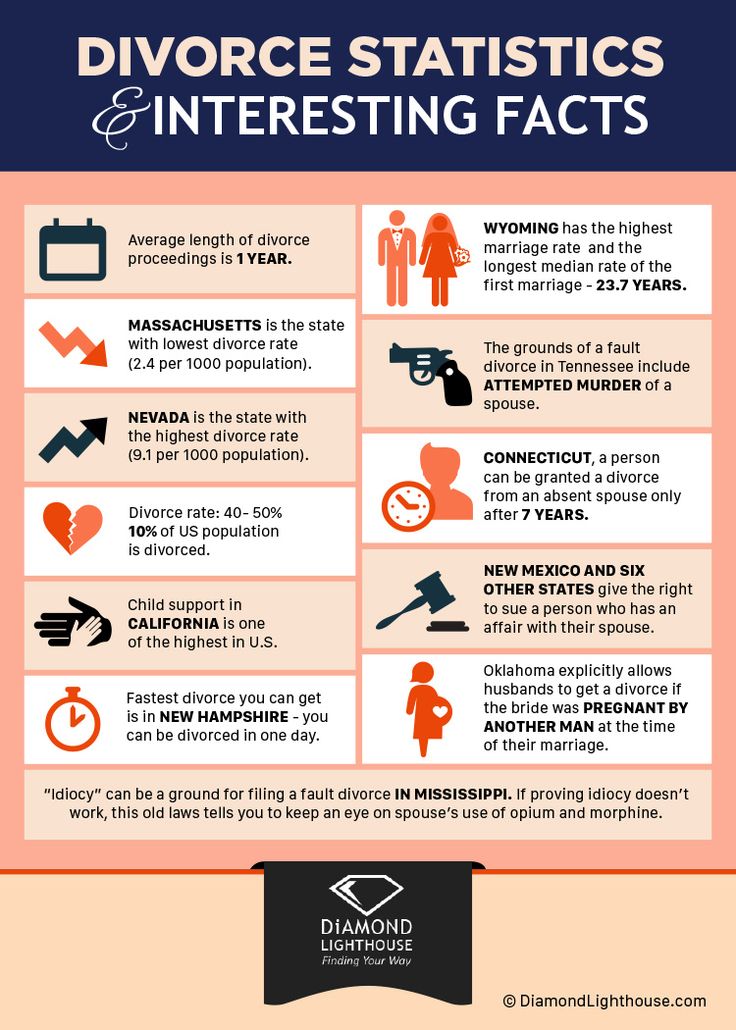 Several thoughts can bubble under the surface for a long time, but when you release them from your brain, you can get unstuck and start to move forward.
Several thoughts can bubble under the surface for a long time, but when you release them from your brain, you can get unstuck and start to move forward.
You can use what you write as the basis for getting help, or you can go back and review your notes over time to see just how much progress you’re making.
11. You need to remember that you still have a future. Although it may be different than the one you imagined, after a divorce you do still have a future to look forward to. Gradually, your feelings on loss will start to be replaced by new things to do, new people to meet and new places to go.
It’s important to set some achievable goals. This puts your brain in gear and takes your mind off of the trauma that you’ve been through. When you reach a goal, you’ll naturally feel a sense of accomplishment, which is in direct opposition to depression.
12. Consider volunteering. Nothing takes your mind off your own problems like helping other people overcome their problems.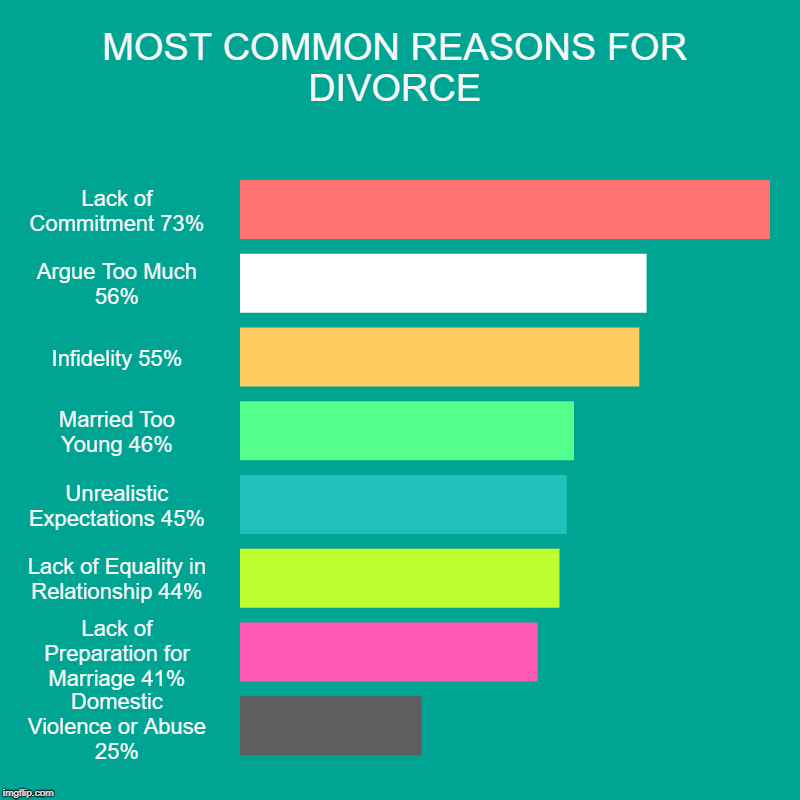 Volunteering also lets you meet new people and is a step toward rewiring your social life. There are literally dozens of opportunities to get involved in any community in America. If you’re down in the dumps, pick one and make a commitment to help others.
Volunteering also lets you meet new people and is a step toward rewiring your social life. There are literally dozens of opportunities to get involved in any community in America. If you’re down in the dumps, pick one and make a commitment to help others.
13. Go easy on the drugs and alcohol. The only thing worse than having depression coupled with a divorce is also having a nasty recurring hangover to go with them. You’re going to be tempted to self-medicate to some degree but finding help at the bottom of a bottle is the wrong place to look. Drugs and alcohol are called depressants for a reason.
14. Be careful about rebound relationships. Your self-worth may be damaged so much that you could be tempted to jump into the first new post-divorce relationship that offers itself up to you. Maybe it will work out for you, but if you’re depressed after a divorce, you may also be desperate to do anything or be with anyone to pull yourself out of your emotional tailspin.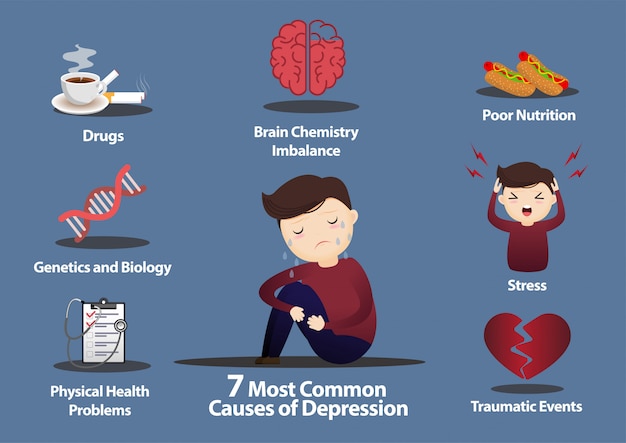
Whether you are trying to replace your partner or you think it will help you move on more quickly, ease up a little bit until you can figure out how you’re feeling and if this is the right relationship for you at the present time.
15. Have you suffered from depression in the past? If you have, then you’re more likely to be affected by it again. Divorce will only increase your risk profile and you need to be especially vigilant to the symptoms of depression if they appear.
16. Do not dwell on what you cannot control. If you want to max out your anxiety and anger, try thinking about all the things beyond your control in a divorce. You’ll sink into depression quickly if you invest emotional energy on what your spouse is doing, or what you have been left with after your divorce is finalized.
You can put your best arguments forward, but ultimately the courts will decide who gets what and what is fair. Wishing for a different outcome is a waste of time and damaging to you in so many ways.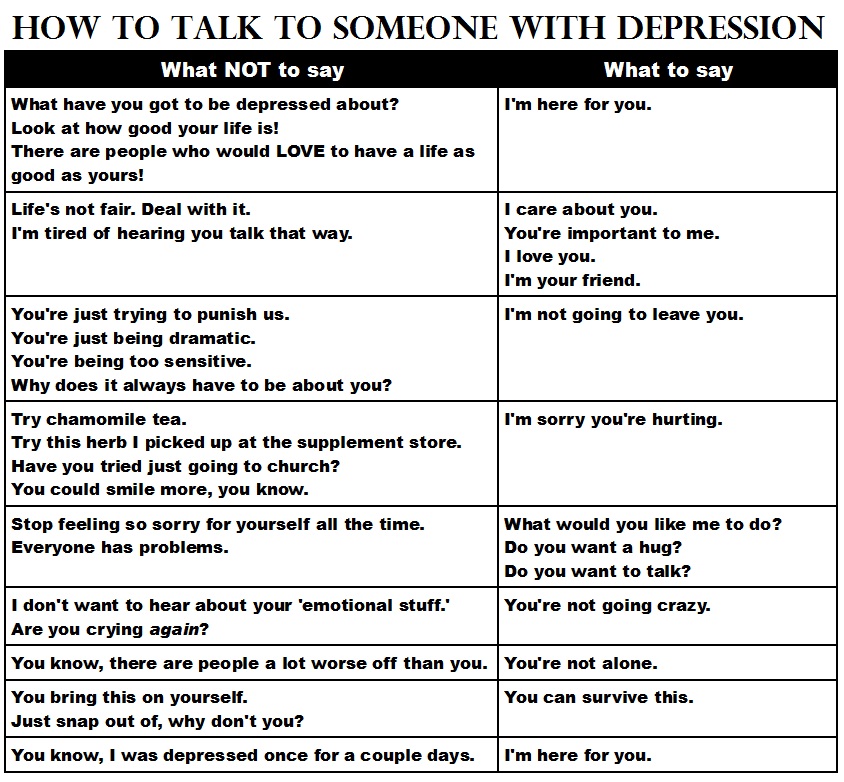
Looking for more helpful divorce tips? Here are a few of our favorite resources:
- How to File for Divorce
- The Ultimate Guide to Divorcing a Narcissist
- Want an Amicable Divorce? Try Mediation or Collaborative Divorce
- 29 Warning Signs That You’re in a Failing Marriage
- The Psychological Effects of Divorce on Children
Divorce Depression: Getting By Post-Divorce
Life after divorce can be hard, regardless of how badly you may have wanted out of your marriage. Even if you know that your separation is ultimately a positive thing, you’re still grieving a loss and divorce recovery can be difficult. And it’s okay to acknowledge that. It’s really the only way that you’re going to be able to learn how to cope with divorce and overcome the loss.
Understanding first and foremost that divorce can be incredibly painful and difficult on your mental health is essential. Divorce-related depression is real, and the challenges that you’ll likely face can feel almost impossible to deal with during the divorce process.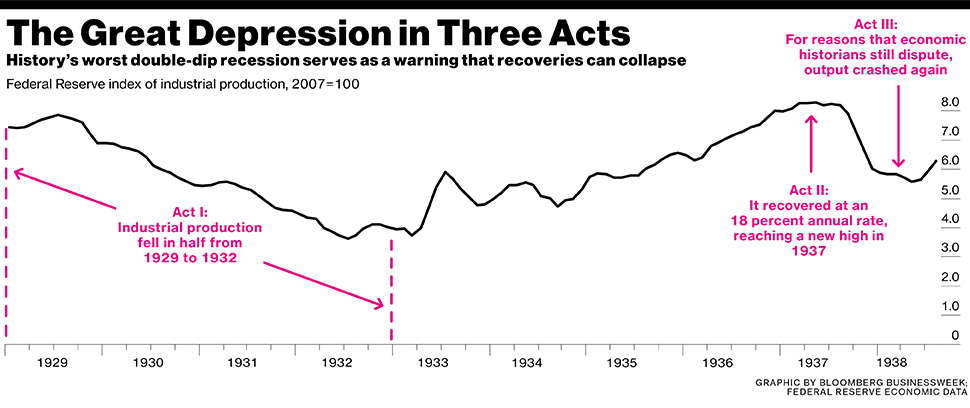
But the truth is, there are several ways you can survive life after your divorce. Divorce counseling is an excellent option if you find that you’re experiencing post-divorce depression and you’re struggling with being able to move on. Read on to learn how you can overcome your own divorce depression.
Life During and After the DivorceLife during and after divorce can feel overwhelming. Be patient with yourself because what you’re experiencing is a deep loss. The grief that comes after any loss is an emotional challenge that can be hard to navigate on your own.
During your divorce or divorce recovery, you may feel like you’re unsure of yourself. You might question if you’re making the right decision. You may be stressed about finances, wondering if you’ll find love again, figuring out how to help your child deal with divorce, and more.
Many people going through a divorce even have feelings of guilt or shame. They often feel that it’s their fault they couldn’t make their marriage work.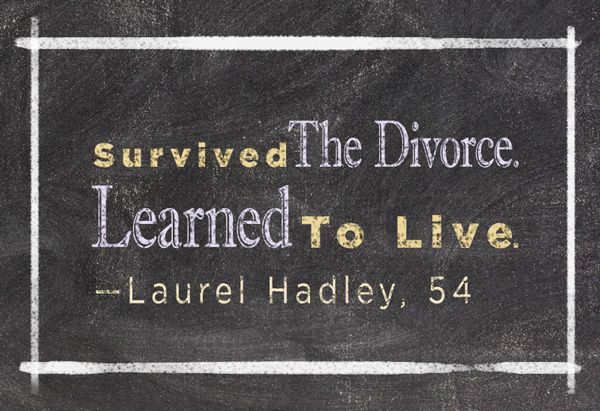 You may find that you’re angry or that you’re resentful toward your spouse.
You may find that you’re angry or that you’re resentful toward your spouse.
The single most important thing you can remind yourself while you’re going through a divorce is that all of your feelings are valid. And more importantly, they’re all very normal.
The mental health impact during your divorceDivorce can impact your mental health in a number of ways. During the process, you may find that you’re:
- More tired than normal
- Unable to sleep
- Experiencing a change in your eating habits— eating too much or not enough
- Prone to be more reactionary
- Angry
- Sad
- Emotional
- Numb
You might expect that once your divorce is final, you’ll suddenly feel better. You may think that you’ll feel like you have a new lease on life, or a huge weight has lifted. But in reality, many people experience post-divorce depression that’s just as burdensome, if not more so, as what they were feeling during the divorce process.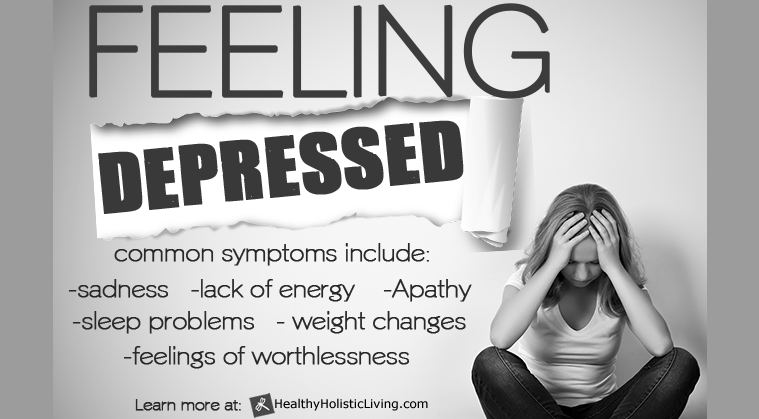
You may even find that you have similar depressive symptoms (sleep difficulties, food issues, strong emotions, etc.) after your divorce is finalized.
“Every single person I’ve treated during a divorce has been impacted in ways they had not foreseen. Coming to the decision to end a marriage is never easy. The emotional bandwidth is already limited by the time they come to therapy. The completed divorce is a means of gaining emotional stability and satisfaction, but the journey to get there can be draining. Feelings of sadness or grief are unexpected, yet typical. Managing the ups and downs of the process is a marathon. Focus needs to be consistently directed toward self-care, processing, and establishing healthy boundaries.”
Talkspace therapist Amy Cirbus Ph.D, LMHC, LPC
There are many signs of divorce depression to be aware of. It goes beyond just being sad. Depression is a serious medical condition that can have a huge impact on how you think, act, and feel. Symptoms of divorce-related depression can include any, or a combination of, the following:
Symptoms of divorce-related depression can include any, or a combination of, the following:
- Sudden loss of interest in things you once enjoyed
- Loss of appetite
- Increase in appetite
- Weight loss or gain
- Difficulty sleeping
- Excessive irritability
- Rage
- Sudden insomnia
- Increased fatigue
- Difficulty focusing or concentrating
- Difficulty making decisions
- Crying spells (often uncontrollable)
- Feelings of hopelessness
- Feelings of pessimism
- Feelings of guilt
- Substance abuse
- Loss of your sense of self-worth
- Thoughts of suicide
- In extreme cases, suicide attempts
Symptoms of depression can vary from mild to extremely severe. They can also present very differently in men versus women. For example, women tend to have symptoms like sadness, feelings of worthlessness, or guilt. Men, on the other hand, may become overly irritable or have difficulty sleeping. Men also are more likely than women to begin abusing drugs or alcohol to cope if they’re experiencing depression after divorce.
Men also are more likely than women to begin abusing drugs or alcohol to cope if they’re experiencing depression after divorce.
To be diagnosed with depression, you generally must be exhibiting five or more symptoms. However, the best way to get a diagnosis and help is to see a therapist or other mental health care provider. There are many different options for treatment, including both in-person and online therapy.
“Feelings of grief and loss are normal. But many people experience shame about the divorce itself and feelings of sadness, especially if they are the ones who initiated it. Even when the decision feels right, it’s still a very real loss.”
Talkspace therapist Amy Cirbus Ph.D, LMHC, LPC
Although it’s very common to experience depression after a divorce, you should take comfort in knowing that there is hope. There are several ways you can focus on overcoming your depression.
- Get (professional) help if you need it — Yes, it’s true that depression after divorce is quite normal. But if it’s beginning to interfere with how you function in your day-to-day life, it might be time to start thinking about getting help.
- Allow yourself time and space to grieve — Remember, your divorce is a loss and you are allowed to grieve it. Give yourself the time you need to go through the emotional stages of your divorce so you can effectively heal and move on with your life in a healthy manner.
- Don’t beat yourself up if you are feeling depressed — Be kind to yourself. If you’re feeling depressed, sad, angry, or overwhelmed…remind yourself that this is normal. Allow yourself to feel your feelings without any sort of guilt or shame.
- Get plenty of exercise — Exercise releases endorphins that can help stabilize your mood, energize you, and offer a wealth of other benefits. You may find you sleep better and feel better, and the best part is the effects of exercise may even be long-lasting, according to some studies.
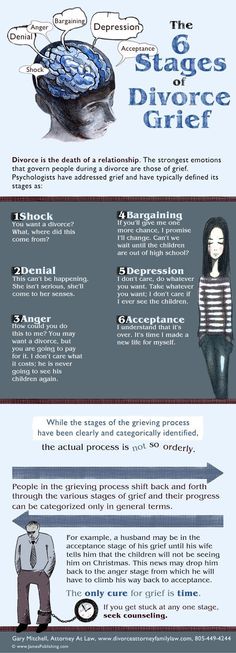
- Focus on your health and what you eat — Eating a healthy diet can help with depression. When you’re eating nutrient-filled foods like fruits, leafy green vegetables, minimally processed foods, and foods high in omegas, you’ll start to feel the benefits in a very short time period.
- Socialize (even if you have to force yourself) — Even if it feels like a chore, getting out of the house and being social will be good for you. Ask a friend to meet you for coffee or go for a walk. Slowly but surely, the inclination to isolate yourself will begin to dissipate. “It’s easy to isolate yourself during this time. Perhaps you’ve lost friends to your ex, or you resist socializing because you don’t feel you’re good company. For so many reasons, many people isolate themselves. This can contribute to ongoing depression. While you don’t have to push yourself to be as social as you’ve been in the past, it is important to connect to others. Find one or two people you trust and with whom you feel good when you’re around them.
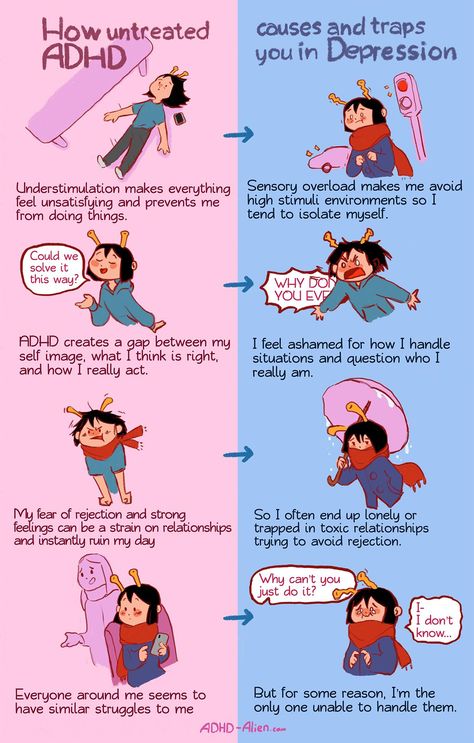 Schedule time with them once or twice a month. This really does help the healing process. It gives you something to look forward to, and creates opportunities to laugh, enjoy, and focus on other things,” Cirbus PhD, LMHC said.
Schedule time with them once or twice a month. This really does help the healing process. It gives you something to look forward to, and creates opportunities to laugh, enjoy, and focus on other things,” Cirbus PhD, LMHC said.
- Get enough sleep — Depressed or not, getting enough sleep is essential for a healthy mental attitude and outlook. If you find that you’re having trouble sleeping, try to set a schedule and stick with it. Going to bed and getting up at the same time (or relatively close to the same times) can help you break unhealthy sleep patterns, and that can help you feel better.
- Accept help — It can be hard, but accepting help when it’s offered can feel good. Not only are you alleviating some of the stress you may be feeling if you’re overwhelmed, but it’s always a good feeling to know that you’re loved, and people want to be with you.
- Create a time and space for “me time” — Carving out time for yourself is one of the best things you can do any time you’re grieving a loss, including your divorce.
 Self-love can offer the ultimate form of healing. Find something you love doing, and give that gift to yourself. It can be yoga, journaling, going for a run, gardening, reading a book…anything that you get joy from, make time to do it.
Self-love can offer the ultimate form of healing. Find something you love doing, and give that gift to yourself. It can be yoga, journaling, going for a run, gardening, reading a book…anything that you get joy from, make time to do it. - Keep a journal — Journaling is a well-known way to refocus your thoughts, find gratitude, and begin to start finding the good things in life again. If you have trouble getting started, you may want to find a journal with prompts that help you.
- Be careful about the rebound — You might be tempted to get into another relationship quickly, especially if you find that you don’t like being alone. But rebound relationships can be harmful if you’re not careful. Take your time and learn to enjoy being on your own so when you do find the right person, you can have a real chance at it lasting.
- Remind yourself that you have a future — It can be difficult to see now, but you do have a future. As they say, this too shall pass.
 And that’s true even if you’re going through or just recovering from a painful divorce.
And that’s true even if you’re going through or just recovering from a painful divorce. - Find somewhere to volunteer — Volunteering is a great way to keep your mind off your divorce. It can be a distraction that does double duty, as it’s also extremely rewarding.
- Accept what you cannot control — One of the great things you might gain from your divorce is perspective. You might learn that worrying about things you can’t control does you no good. Try to focus on the things you can control and make real changes in your life where you can. Stuck? Ask yourself a very simple question: can I control this? If the answer is no, gently tell yourself to move on.
- Keep an eye on alcohol and drug consumption — Overindulging on occasion isn’t necessarily a problem. But while having a good time every so often generally isn’t an issue, be sure that you’re not using it as a way to cope.
In the midst of a divorce, it can be difficult to differentiate between sadness and depression.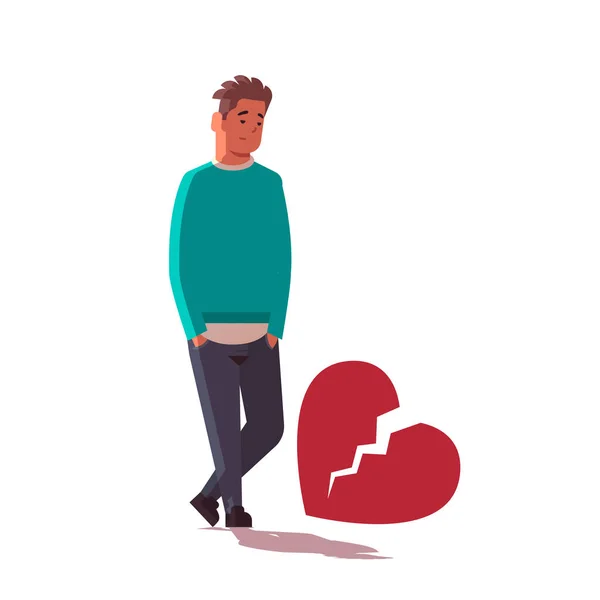 If you aren’t sure how to tell, start with our depression test to learn more.
If you aren’t sure how to tell, start with our depression test to learn more.
However, if your depression is affecting your daily life or if you’re starting to have thoughts of suicide or self-harm, it’s time for you to get help. Reaching out to a therapist or someone else who’s removed from the situation can be beneficial. Especially if you are having feelings of shame or guilt, a mental health professional or licensed therapist can be particularly helpful.
Common recommendations your doctor or therapist may suggest for overcoming your divorce depression can include:
- Anti-anxiety medication
- Antidepressant medications
- Psychotherapy (talk therapy)
- Relaxation techniques
- Acupuncture or massage therapy
The important thing to remember is that if you need help with divorce depression, it’s there for you. You can heal from your divorce. If you need help, connect with a licensed therapist from Talkspace today.
See references
- Torres, M.
 D., MBA, DFAPA F. What Is Depression?. Psychiatry.org.
D., MBA, DFAPA F. What Is Depression?. Psychiatry.org. - Craft LL, Perna FM. The Benefits of Exercise for the Clinically Depressed. Prim Care Companion J Clin Psychiatry. 2004;6(3):104-111.
- Aubrey A, Chatterjee R. Changing Your Diet Can Help Tamp Down Depression, Boost Mood. Npr.org.
Talkspace articles are written by experienced mental health-wellness contributors; they are grounded in scientific research and evidence-based practices. Articles are extensively reviewed by our team of clinical experts (therapists and psychiatrists of various specialties) to ensure content is accurate and on par with current industry standards. Our goal at Talkspace is to provide the most up-to-date, valuable, and objective information on mental health-related topics in order to help readers make informed decisions. Articles contain trusted third-party sources that are either directly linked to in the text or listed at the bottom to take readers directly to the source.
Talkspace mental health services
how not to go into depression after breaking up?
Danish scientists have found out that the state of health of the spouses deteriorates during divorce. This does not depend on how tough the separation was, what kind of relationship the couple had before. Why conflicts during divorce harm mental health, psychotherapist Ilya Suslov told TV channel "MIR 24" .
- Why does the health of partners inevitably deteriorate during divorce?
Ilya Suslov: There is a phenomenon of great loss, because the family fell apart, a big project in which many expectations and investments were invested. The person starts to cry. It does not matter how a person leaves: as a result of death or divorce. For a partner, the departure of his spouse is the loss of a loss plus the collapse of the family. Regarding these losses, the theme of mourning arises - a person begins to feel sad, mourn - this is a serious stress, it will give a reaction to the deterioration of health.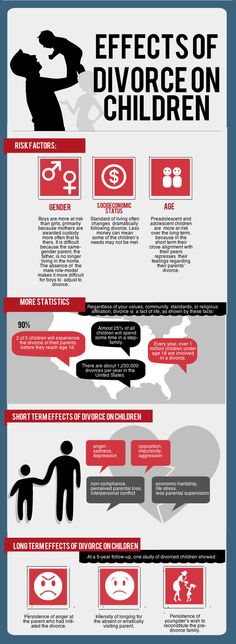
- There are times when people consider divorce a holiday. Is it still stress? nine0008
Ilya Suslov: Cheerful mood can be a protective reaction: on the one hand, joy that the problem is solved, on the other hand, the loss that he suffered, because it was still a family. What did not work out is a loss, a loss. All people want to get positive, save their families, but if this does not work out, they have to accept defeat. All the same, people will grieve and worry, although they will rejoice.
- Scientists say that people endure a quick divorce worse than a protracted one. Why? nine0008
Ilya Suslov: When it drags on, the grieving phenomenon starts earlier. When it happens quickly, it's a surprise effect. Often the theme of the suddenness of a serious event is unsettling. A quick divorce - when a very unpleasant event occurred (treason, receiving information about severe addiction, beating - physical violence, sexual, aggression, as well as inconsistent taking of a loan) - this is the effect of very difficult information that is incompatible with family life, this was not thought out , lived. nine0005
nine0005
Like an accident, it happens suddenly, the sudden change of all plans to negative is very destabilizing for a person. When this happens slowly, a person manages to experience grief, loss, pain in the process.
- During the winter and spring during the quarantine, Chinese scientists noticed that people began to divorce more often. Does staying in the same apartment longer than usual also work?
Ilya Suslov: When people live an ordinary life, they have the opportunity to be distracted, to worry, but when they are together, if there are unresolved problems, they have nowhere to go from themselves. It comes to the surface, it cannot be discussed. Here we are left to each other, we are forced to communicate more often - intolerance grows if there is irritation, tension in the family, there is nothing to spend it on, then it develops into a divorce. It happens that they put it off, hoping that they would fall in love, but it became obvious that they weren’t, the irritation grew to intolerance. nine0005
nine0005
- Are there any tricks that help smooth out the negative effect?
Ilya Suslov: If a person is already ill, it is important to put up with it, to understand that the body needs rest - the sick leave is taken because stress affects physics, the body. A depressive state, a state of despondency also reduces cognitive abilities, energy of vital activity. I suggest reconcile, take a break, rest. Healthy lifestyle practices, meditation - whoever helps, then implement it in life. nine0005
Try to relax - water procedures, walks, the main thing is that it is environmentally friendly, because a frequent option is to turn to some kind of addiction. You need to understand that I’m feeling bad now, I’m sick because of a divorce, it’s normal to get sick, worry, get upset, find solace, like-minded people, hobbies - books, TV shows. Very often films help, where the topic of divorce is shown, where you can live it with the hero.
Everyone sublimates differently.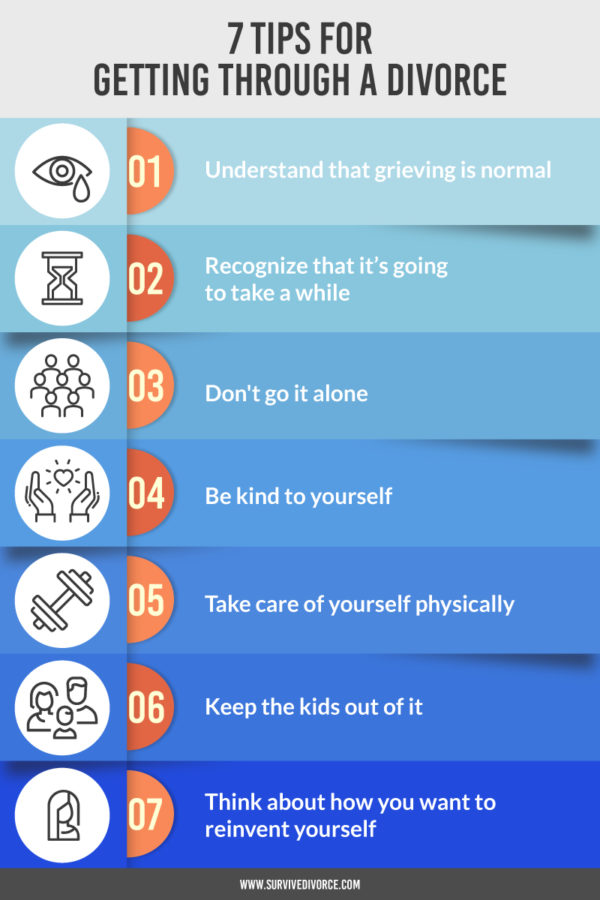 You can write a story, go to a psychologist and talk about difficult things. When a person is sick, he goes to the doctor. When stress occurs, we will not be introduced into the culture to go to a specialist who will help to survive it. When already monstrous stresses occur - a plane crash - no one is surprised by the presence of psychologists at the airport who work with relatives of the victims and so on. But when a person is going through a divorce or any stressful event, there is no thought to go to a specialist, take a few sessions to unload and get professional help and support. nine0005
You can write a story, go to a psychologist and talk about difficult things. When a person is sick, he goes to the doctor. When stress occurs, we will not be introduced into the culture to go to a specialist who will help to survive it. When already monstrous stresses occur - a plane crash - no one is surprised by the presence of psychologists at the airport who work with relatives of the victims and so on. But when a person is going through a divorce or any stressful event, there is no thought to go to a specialist, take a few sessions to unload and get professional help and support. nine0005
Life after divorce: 12 steps to happiness
247,168
Man and woman
Psychological observations suggest that a painful divorce can cause psychological trauma. If you do not notice it in time and do not start taking action, then after some time it can grow into post-traumatic stress disorder. The person may have intrusive thoughts about the traumatic event, nightmares, anxiety, and emotional outbursts in response to the breakup trigger. nine0005
nine0005
In order not to end up in such a state, it is important to assess the risks of its occurrence in a timely manner.
Risks and consequences of divorce
- The decision to leave was made by the partner, although you would like to continue the relationship. Moreover, the news of this decision came as a surprise to you. This situation hurts your self-esteem.
- Your whole life has been built around relationships. You do not have your friends, apartment, work, interests. In this case, you have no one to rely on. nine0066
- This is not the first time a relationship has ended with the departure of a partner. It begins to seem to you that something is wrong with you, you are cursed, not created for a family.
- You got married very early, and the baton for making decisions and taking care of you was taken over by your husband from your mother. In this situation, you may start to feel like a helpless child.
- You broke up, but you have to spend a lot of time together (shared apartment, job, business).
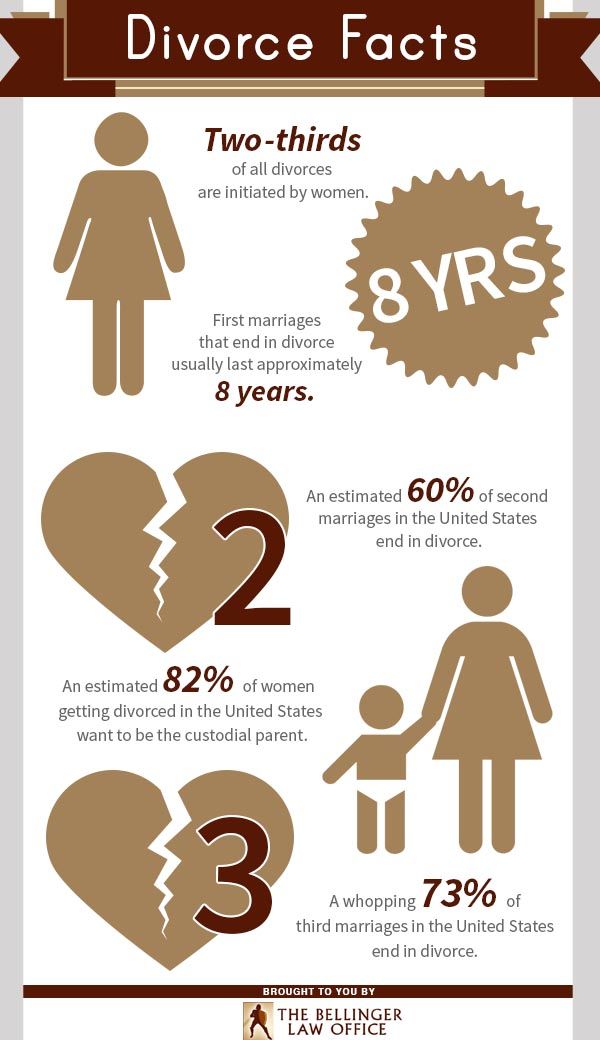 In this situation, you cannot separate from your partner and start first healing from grief, and then building a separate life. nine0066
In this situation, you cannot separate from your partner and start first healing from grief, and then building a separate life. nine0066
In all of these cases, you need to understand that you are at risk of psychological trauma and need support.
What is happening in the brain at this time?
Chemistry of emotions
Our thoughts do not define, but only explain the emotions caused by the hormonal cocktail.
Mood is formed mainly by dopamine and serotonin. Moreover, we can say that every trait of our character is associated with hormones - testosterone, dopamine / norepinephrine, estrogen and serotonin. nine0005
Serotonin is the hormone of joy. If you have a consistently high level of serotonin, then you can be called a calm, patient person with a long-established circle of friends. Strong and stable relationships, traditions are very important to you, you are a supporter of social norms. This means that your good mood system, built into your brain, is actively working in a stable and reliable family system with a single man for life. Accordingly, any loss of stability, destruction of relationships, violation of traditions primarily hit the leading system of obtaining joy from life. nine0005
Accordingly, any loss of stability, destruction of relationships, violation of traditions primarily hit the leading system of obtaining joy from life. nine0005
This important step will help you reach the very bottom from which you can push off.
When there is nowhere to draw joy from, life becomes difficult. Heartache turns the world into a solid "Black Square" by Malevich. Success at work, achievements in fitness, an evening with friends, and even more so, the beautiful weather on the street cease to please.
Dopamine is the pleasure hormone. If you like novelty, you easily change hobbies, places of work, social circle, then you are more like a dopamine addict. It would seem that in this case, divorce should not negatively affect you. Indeed, it is easier for you to adapt to change. Unless you consider the breakup a personal failure that cannot be explained and changed. If the situation turned out to be uncontrollable, then dopamine drops, and with it the desire to do something.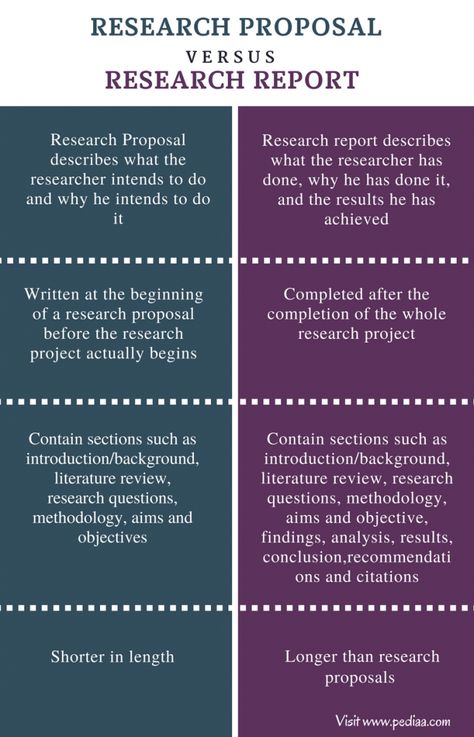 nine0005
nine0005
How can I help myself?
12 steps to a happy life
1. Accept the fact of parting
If you were told a firm “no”, and even more so your ex-partner has a new partner, you must accept the fact that in this story you have reached the epilogue. This important step will help you reach the very bottom from which you can push off. If you maintain hope for a continuation, you will not be able to help yourself, because why do something if everything will soon return to its place, you just have to wait a bit. Remember, this wait can take years. nine0005
2. Ground yourself
If you feel that the pain is unbearable, and black thoughts are running in circles in your head, then this exercise will help to shift the focus of attention from the head to the body. Place both feet on the floor, feet flat on the floor. Feel your feet, close your eyes and imagine that you are a tree that grows into the ground with its powerful root system. Stay in this state until a feeling of peace arises.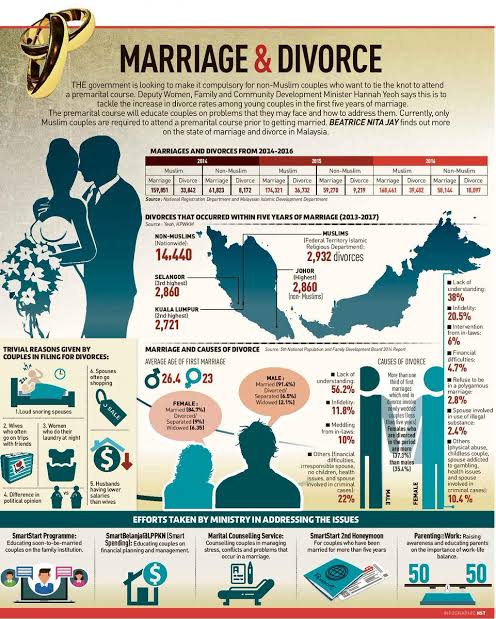 Perhaps you can focus on contemplating the clouds, or a river will begin to glisten in front of your inner eye. Consider the details of this picture and learn how to supplement it with some new details. Over time, you can easily learn to calm yourself in any stressful situations by going to this safe place. nine0005
Perhaps you can focus on contemplating the clouds, or a river will begin to glisten in front of your inner eye. Consider the details of this picture and learn how to supplement it with some new details. Over time, you can easily learn to calm yourself in any stressful situations by going to this safe place. nine0005
3. Reduce the pain
Remember, the main rule for dealing with mental pain is the same as for physical injuries. Diagnose the causes (in your case, we are talking about divorce), take painkillers and begin treatment. So diagnostics. Go through the list of risks that are listed at the beginning. What exactly hurt you the most? This is what we will fight against.
Painkillers at the initial stage are people who love you. Call friends and family, but only those who are ready to listen and support you. The key word is support. There is no need to communicate with people who will aggravate the emotional state with phrases from the series: “I told you, it’s my own fault. ” nine0005
” nine0005
Remember, alcohol is not a resource. Moreover, temporary relief will lead you to aggravate the condition the next day. The pain, anxiety, depression and self-flagellation that you feel will increase exponentially when you are hungover.
4. Cry and grieve as much as you need
Unexplained and unexperienced grief turns us into knights in iron armor, effectively blocking all emotions. In this case, not only sadness, heartache, despair will be blocked, but also joy, happiness, inspiration and the possibility of falling in love again in the future. nine0005
5. Understand your hormones
Find a source to support your serotonin and dopamine levels. The best helpers will be sports, the sun and proper nutrition.
Serotonin is most effectively raised by antidepressants, but it is worth resorting to their help if you are already depressed and have been prescribed them by a doctor. If, like me, you are a supporter of natural methods, then consult a nutritionist. He will advise the appropriate nutrition to help in the delivery of the amino acid tryptophan, which is responsible for the synthesis of serotonin. nine0005
He will advise the appropriate nutrition to help in the delivery of the amino acid tryptophan, which is responsible for the synthesis of serotonin. nine0005
In a situation of struggle for joy, there is no need to wait for motivation - you will not wait for it.
As for the benefits of the sun, its sufficient amount reduces the production of melatonin, an antagonist of serotonin. Lower melatonin, higher serotonin.
Dopamine rises when you set goals and achieve them, so do not abandon your creative, work, sports ambitions. On the contrary, set yourself every day at first small, and then more and more complex, but achievable goals. In a situation of struggle for joy, there is no need to wait for motivation - you will not wait for it. The dopamine reward system works in such a way that joy overtakes after solving the tasks, and with it comes the motivation to complete the new plan. The main thing is to keep moving. nine0005
6.
 Limit any contact with your ex
Limit any contact with your ex Rent an apartment, split your business, go away often to friends, if right now you are still connected by a common job or living space.
Do not follow social networks (it is better to unsubscribe from your ex-spouse everywhere), do not ask your friends about him, do not look for reasons to meet. No need to give him secret (as you think) signals about yourself. Do not post photos, statuses, quotes like "I'm hard to find and easy to lose." Realize that the more time and energy you spend on an ending relationship, the longer you will be stuck in it. There is a wonderful story on this subject. nine0005
“An old man revealed to his grandson the truth of life:
— There is a struggle going on in man, similar to the struggle of two wolves, black and white. The black wolf represents evil: envy, jealousy, regret, selfishness, ambition, lies. The white wolf represents goodness: peace, love, hope, truth, kindness and loyalty.
The grandson thought about it and asked:
— Which wolf wins at the end?
- The wolf you feed always wins.
7. People's energy
Take yourself to exhibitions, fitness, to the pool, to walks. The very fact that you got out of bed without an emergency is already a small victory. They forced themselves to get dressed and put on make-up - another victory. Now the main secret. When you are among people (even strangers and silently), the feeling of loneliness goes away. Moreover, thanks to mirror neurons, you absorb the state of others. In the gym, theater and exhibitions, there are usually a lot of people with an active lifestyle who are working on their body and spirit. Let yourself be infected by their spirit. nine0005
8. Stop self-flagellation
The search for causes and errors at the initial stage is not constructive, and most often they turn into self-flagellation. Track the moments when you begin to mentally torture yourself. How to distinguish constructive analysis from unfair criticism? If you have been asking the same question for many days from the series: “How could I make such a mistake, be such a fool” and come to a state of pain and despair, then this is it - auto-aggression and a dead end. Once you realize you're self-flagellation, go back to the first steps on our list. nine0005
Once you realize you're self-flagellation, go back to the first steps on our list. nine0005
9. Give up plans of revenge
Sometimes the only source of joy is dreams of revenge. Fantasies can be different or one and the same, but in different scenery. The problem is that at some point these illusions become a source of dopamine and, accordingly, joy. Dopamine receptors do not distinguish between real achievement and vivid fantasy achievement, and the difference is very simple. Instead of doing small actions in real life (sports, walking, creativity), you start living in fantasies. Moreover, as a result, the former partner and thoughts about him become a source of reward. As long as he lives a real life with another woman, you lose the chance to meet a new real man. nine0005
10. Divide the boundaries
Start to form your own world, separate from your partner. One in which you have your own meanings, interests, friends and plans. It will become easier for you to accept the individuality of your partner and survive resentment towards him. Of course, working with boundaries is a long-term psychotherapeutic process. Reading the Gestalt prayer will help you tune in to it:
Of course, working with boundaries is a long-term psychotherapeutic process. Reading the Gestalt prayer will help you tune in to it:
“I am doing my job, and you are doing your job.
I do not live in this world to meet your expectations, and you do not live in this world to meet mine. nine0005
You are you.
And I am me.
If we meet each other by chance, it's wonderful.
And if not, so be it.”
11. Open your heart though it hurts
Take advantage of the handicap principle. Amotz Zahavi, the author of the principle, believed that life-threatening signs carry information about the quality of the genome. For example, a large tail size, too bright plumage, loud screams, excessively large horns - all this is a measure of the quality of the genome. With them it is more difficult to hide and run away from predators, only a highly adapted individual will be able to survive with such excessive decorations until the moment of reproduction. nine0005
nine0005
Only the insanely brave win truly worthwhile prizes
Let your experience of divorce become a handicap principle. After all, to open your heart and continue to believe in love, having survived the pain of betrayal, the collapse of illusions and plans, a drop in self-esteem, depression, fear - this is pure madness.
As absurdly bold as the oversized and flamboyant peacock's tail. But only such crazy brave men win really worthwhile prizes! Any man understands that if you are so fearless and strong, you will not fall into hysterics from every trouble, but on the contrary, if necessary, you can become a reliable support. nine0005
12. Search for meaning
Now that you have gone through all the previous steps, you are ready to have a constructive dialogue with yourself. Remember, I wrote that in the initial stages it is not necessary to endlessly remember the past and look for mistakes in it? When you have come to your senses, shared boundaries, found hobbies, learned to ground yourself, then you can begin to analyze past experiences without self-flagellation.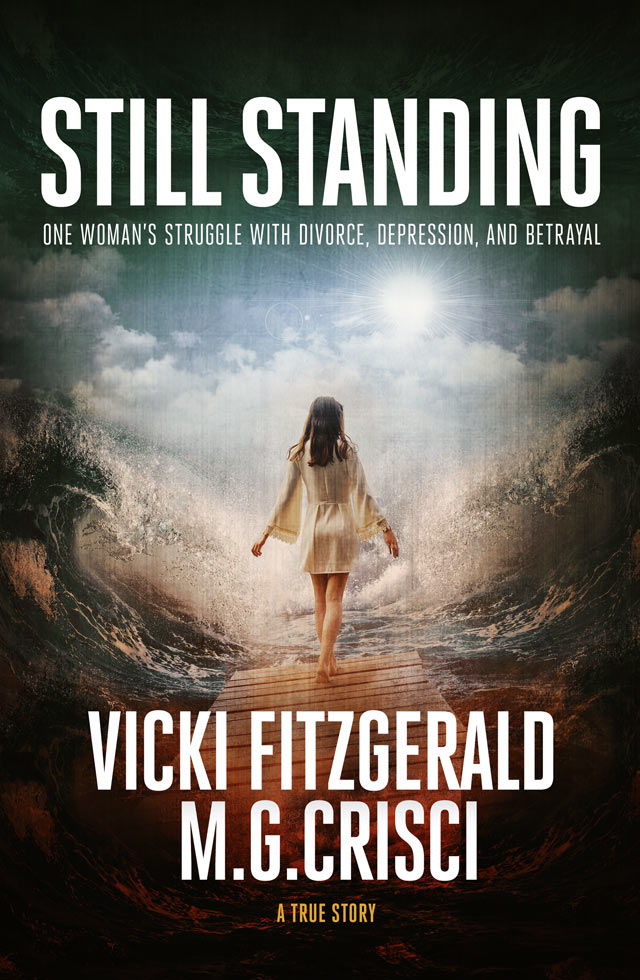
Psychologist Viktor Frankl wrote about the need for an existential turn: you need to stop asking yourself the question “why am I doing this?” and start asking “what can I take away from this?”. When you put the question in this way, you may find that, thanks to what happened, you became closer to family and friends, found new interests, acquired a dream figure and became, on the whole, a completely different person. Perhaps you already know at least one answer to the question: “Why did this happen to me?” nine0005
Onward to a new life
I believe, and the experience of clients confirms my belief, that divorce is precisely the crisis that turns us inward. For many, before divorce, their whole life was determined by the needs of their partner. There was no time for everything. When life confronted me with a divorce, a huge hole formed in my heart. In the beginning, I just wanted to lie down and die. Then I had to push myself forward through despair and pain, further and further towards new meanings.








